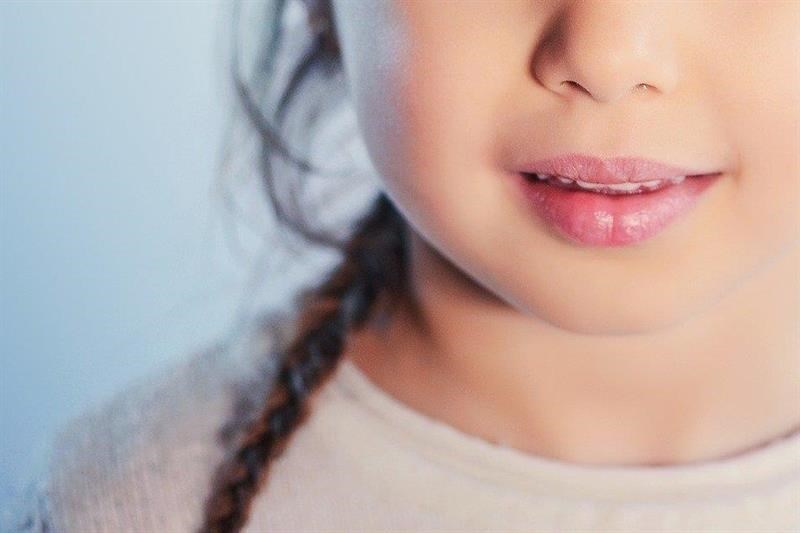Screening tool for non-dental health teams helps to assess tooth decay risk
Published: 22/04/2020
A new screening tool has been developed in Canada to help non-oral health professionals assess the risk of tooth decay in children under six.
The Canadian Caries Risk Assessment Tool was created by Dr Bob Schroth, a professor in the Dr. Gerald Niznick College of Dentistry’s department of preventive dental science, and in the Max Rady College of Medicine’s departments of community health sciences, and paediatrics and child health.
The tool was developed for doctors, daycare workers, dieticians and social workers to help identify whether a child under six years old is at risk of tooth decay.
The tool can also be used by dentists who might not have many children patients, Schroth said.
The tool – view here – is comprised of a series of questions focused on the factors that cause cavities.
The non-dental professional will ask the child’s parents a series of questions, such as: Are the child’s teeth cleaned at least twice daily? And does the child eat sugary snack and drinks between meals?
Points are given for each yes and no question and the total determines a high or low caries risk status.
If the risk is high, the professional is urged to refer the child to a dentist for treatment and apply fluoride varnish. As well, there are recommendations that the professional can give to the parents.
The tool also includes a series of photographs to give the professional an idea of what early and advanced cavities look like or if there is plaque present.
'I think traditionally, a lot of people think, "well, baby teeth fall out eventually, so why do we need to worry about them?" But we know that good early childhood oral health sets that good foundation for a lifetime of good dental health,' Schroth said.
Author: Julie Bissett












.jpg?width=150&height=100&scale=canvas)
